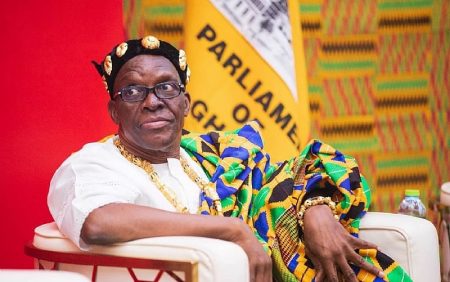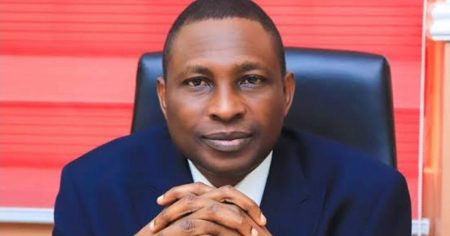The political landscape in Anambra State is heating up as the November 8, 2025 governorship election approaches, with the All Progressives Grand Alliance (APGA) and the All Progressives Congress (APC) engaging in a war of words. The APC’s governorship candidate, Nicholas Ukachukwu, has boldly declared his intention to unseat the incumbent governor, Chukwuma Soludo of APGA, claiming widespread support and the backing of those who defected with him from APGA to APC. Ukachukwu’s confidence stems from a recent meeting with President Bola Tinubu, where he received the symbolic APC flag, further solidifying his party’s support. He asserts that his move to APC has significantly strengthened the party and that he is poised to dismantle what he terms a “one-party system” in Anambra State.
However, APGA has vehemently countered Ukachukwu’s assertions, dismissing his claims as mere bluster. Chinedu Obigwe, the National Coordinator of APGA Media Warriors Forum, accuses Ukachukwu of desperately plotting to rig the election, relying on “presidential might” to secure a victory he believes is otherwise unattainable. Obigwe argues that Ukachukwu lacks the electability and popular support necessary to win the election, suggesting that he lacks a compelling message to resonate with Anambra voters. APGA further downplays the significance of the meeting between Ukachukwu and President Tinubu, orchestrated by APC National Chairman Umar Ganduje, asserting that it will not translate into electoral success.
APGA maintains that the people of Anambra State are content with Governor Soludo’s performance and the dividends of good governance his administration has delivered. They portray Anambra as a state envied by others due to Soludo’s leadership, contrasting it with the purportedly bleak prospects offered by Ukachukwu. The party frames the contest as a choice between continuing Soludo’s successful tenure and a risky alternative represented by Ukachukwu. They characterize those supporting Ukachukwu as enemies of the state who will be decisively defeated by the patriotic citizens of Anambra.
APGA’s counteroffensive underscores the high stakes of the upcoming election and the deep-seated rivalry between the two parties. They are attempting to portray Ukachukwu as an outsider relying on external forces rather than genuine grassroots support. By emphasizing Soludo’s achievements and the perceived satisfaction of the electorate, APGA aims to solidify its base and project an image of stability and progress. The party’s rhetoric seeks to paint a stark contrast between Soludo’s purportedly successful governance and Ukachukwu’s alleged reliance on political maneuvering.
The ongoing exchange between APGA and APC reveals the underlying tensions and power dynamics at play in Anambra State politics. Ukachukwu’s defection and subsequent candidacy have created a rift within the political landscape, with both sides vying for control of the narrative. While Ukachukwu attempts to project an image of strength and momentum, APGA seeks to undermine his credibility and portray him as a threat to the state’s progress. The election is shaping up to be a closely watched contest, with the outcome having significant implications for the future political trajectory of Anambra State.
The clash between APGA and APC also highlights the broader political dynamics in Nigeria, with the ruling party at the national level seeking to expand its influence at the state level. Ukachukwu’s meeting with President Tinubu symbolizes the importance of the Anambra governorship election in the national political calculus. APGA, in its resistance to APC’s advances, is seeking to maintain its stronghold in Anambra and prevent the state from falling under the sway of the ruling party. The election will serve as a test of both parties’ strengths and their ability to mobilize support in a highly contested political environment. Ultimately, the decision rests with the Anambra electorate, who will determine whether to maintain the status quo or embrace a new direction for their state.


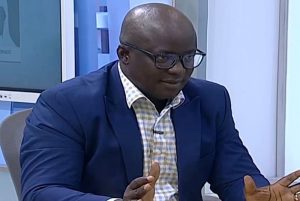
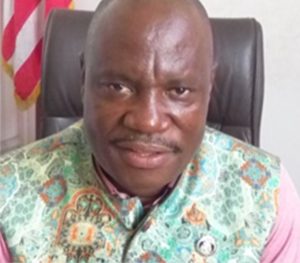
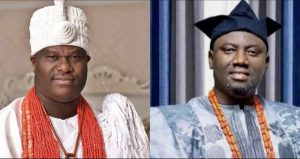
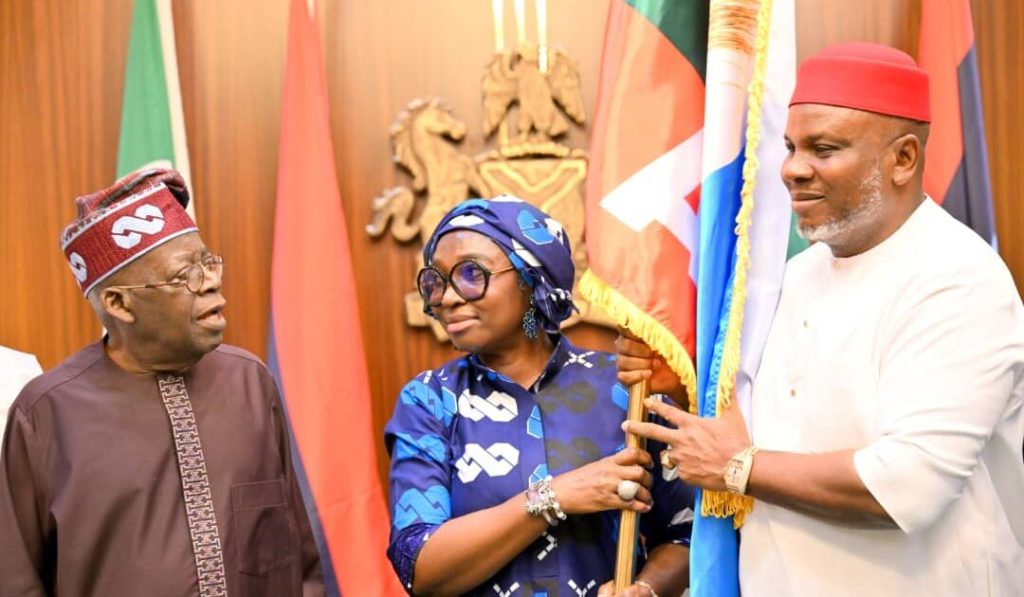
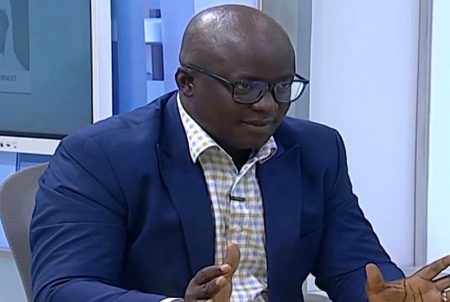
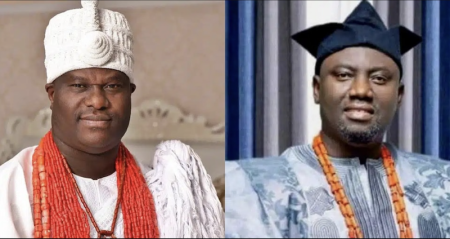

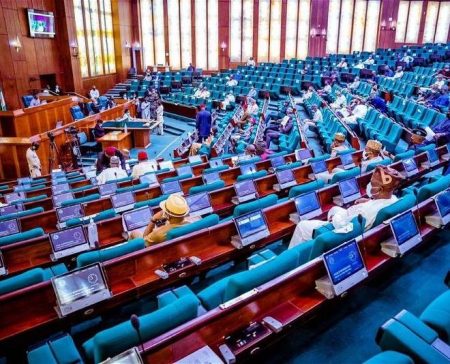
![Oyo State Claims Victory in Hockey and Abula at [Competition Name]](https://westafrican.news/wp-content/uploads/2025/05/Oyo-450x257.jpg)

